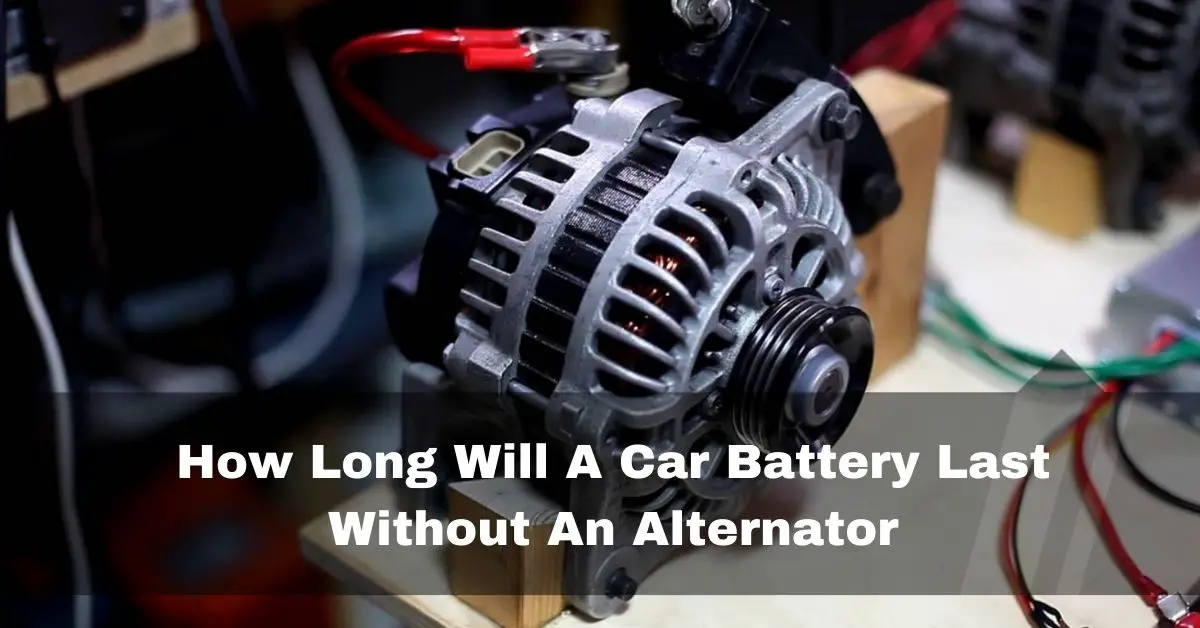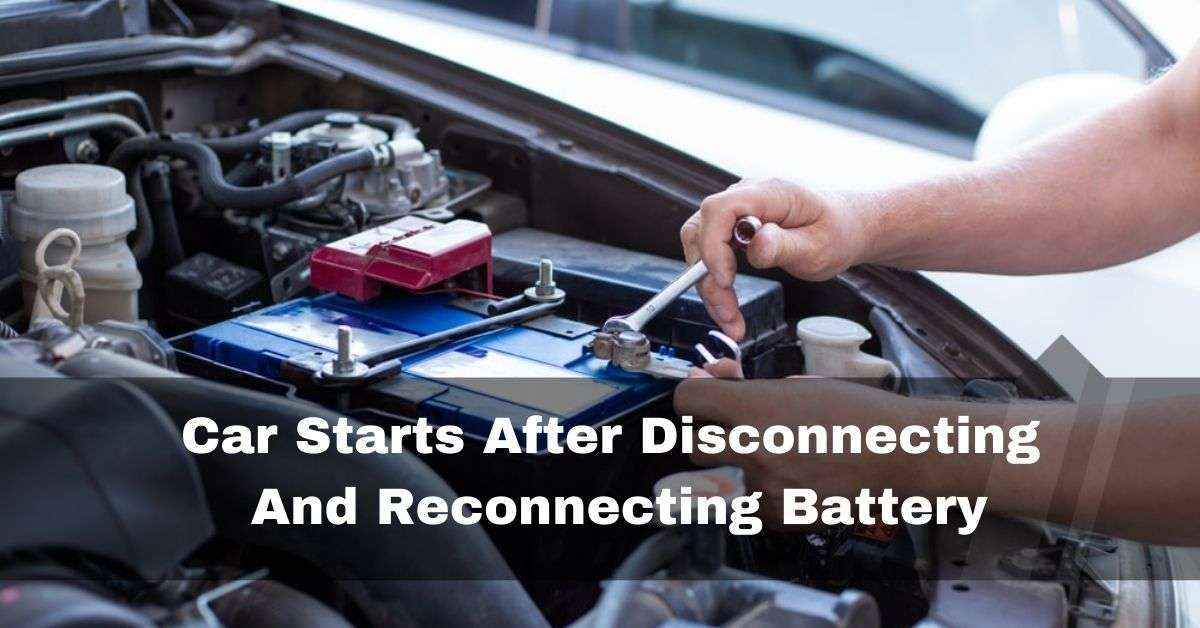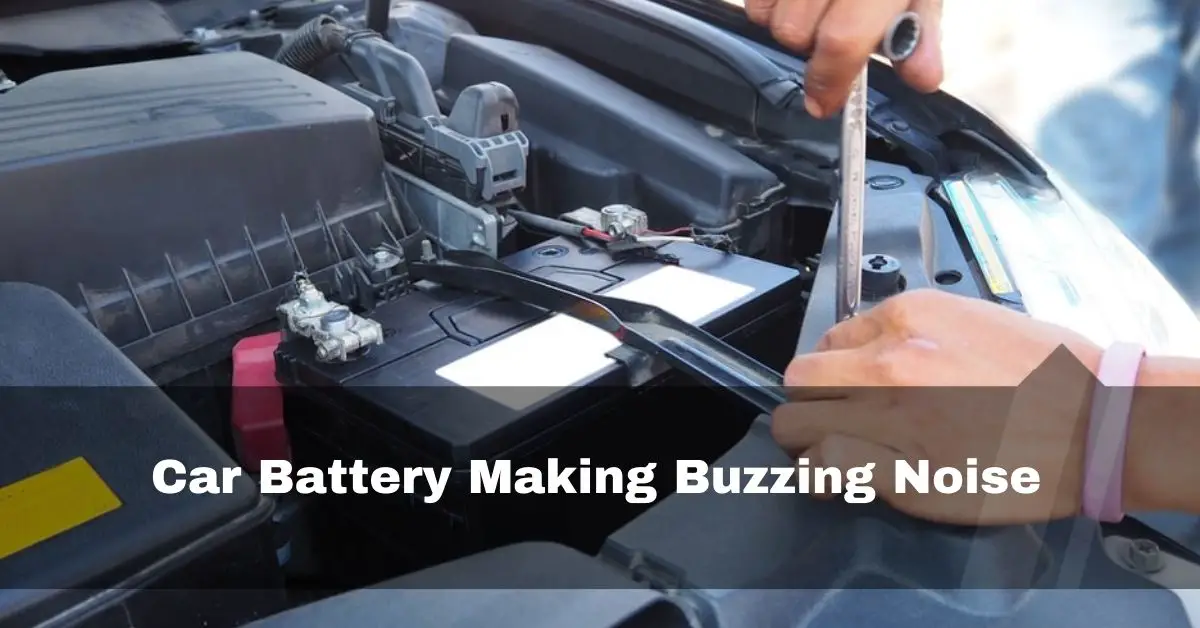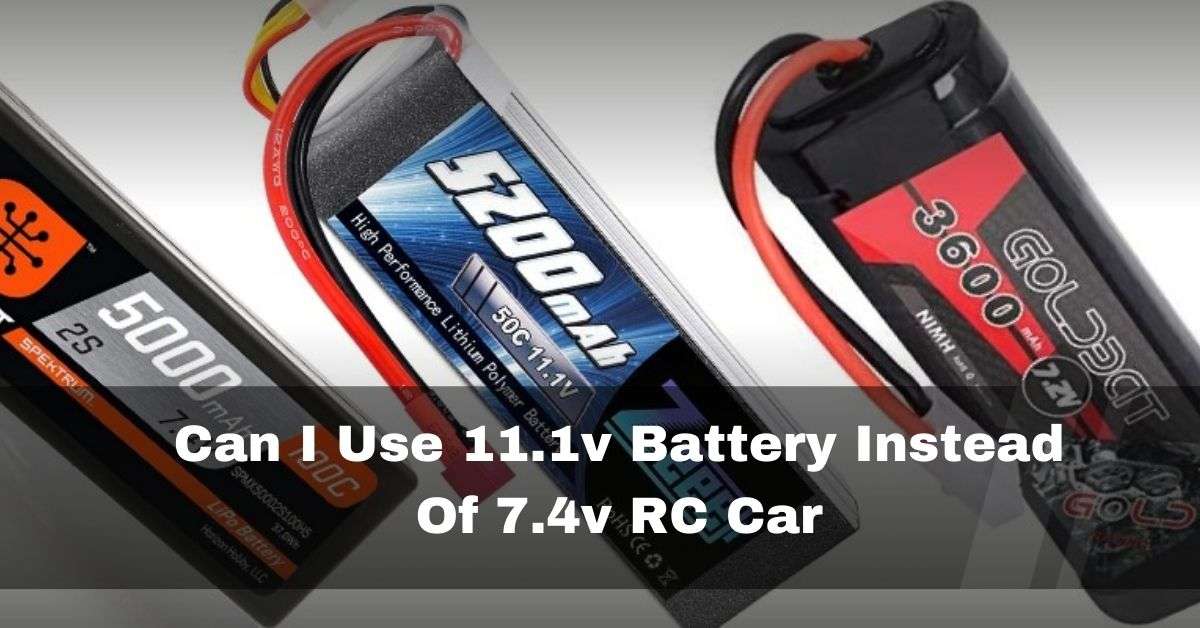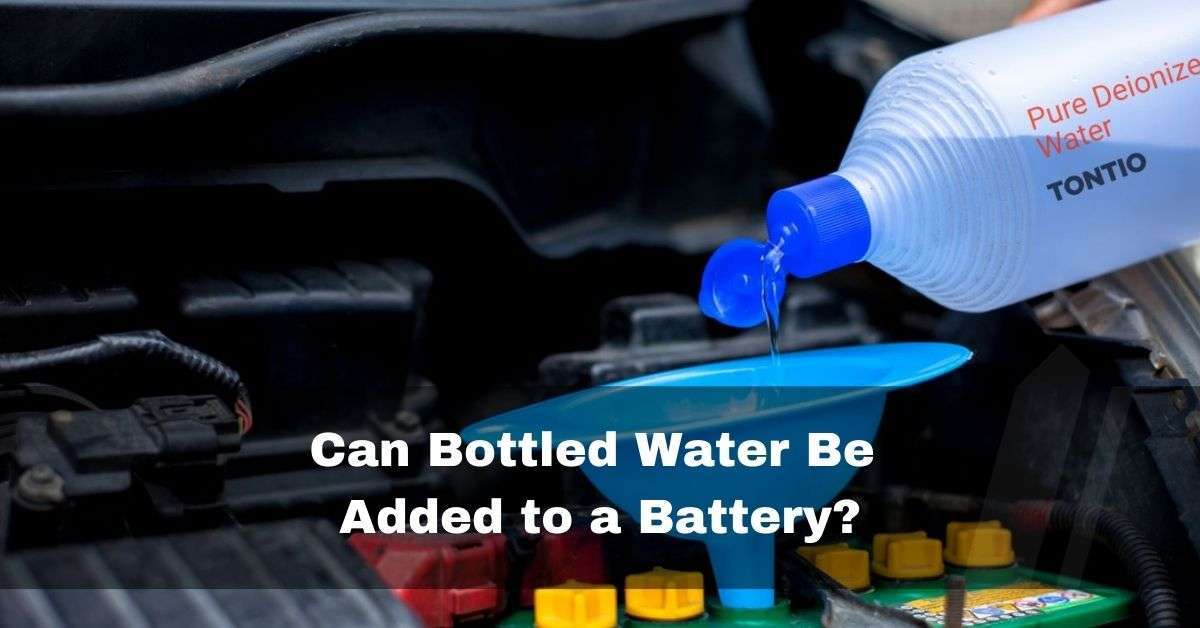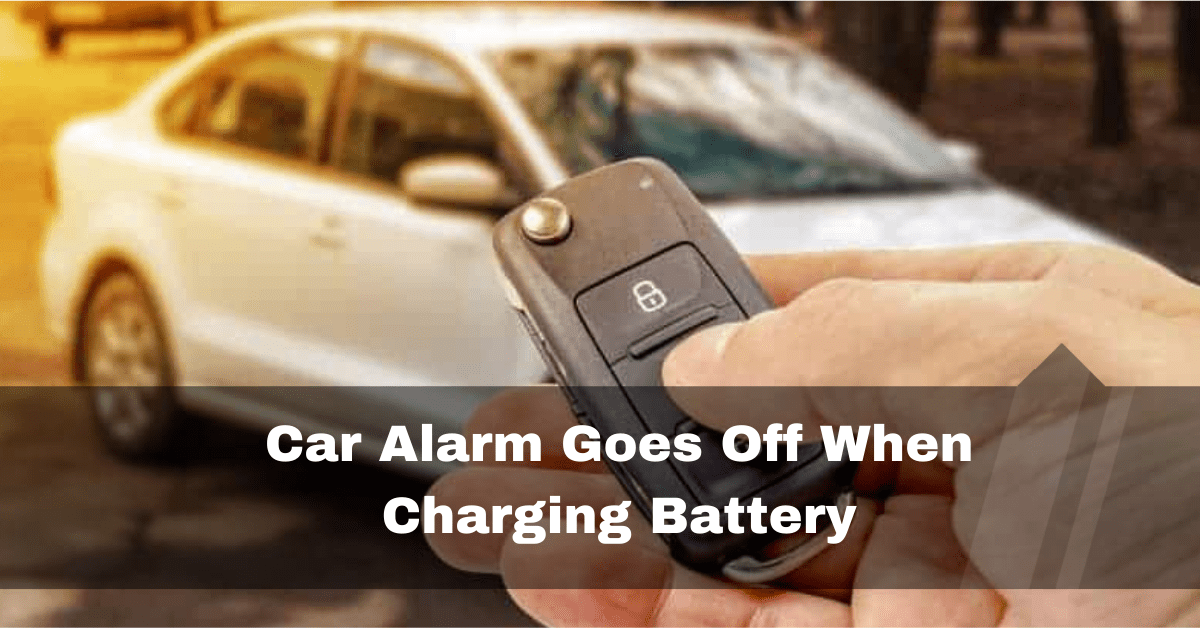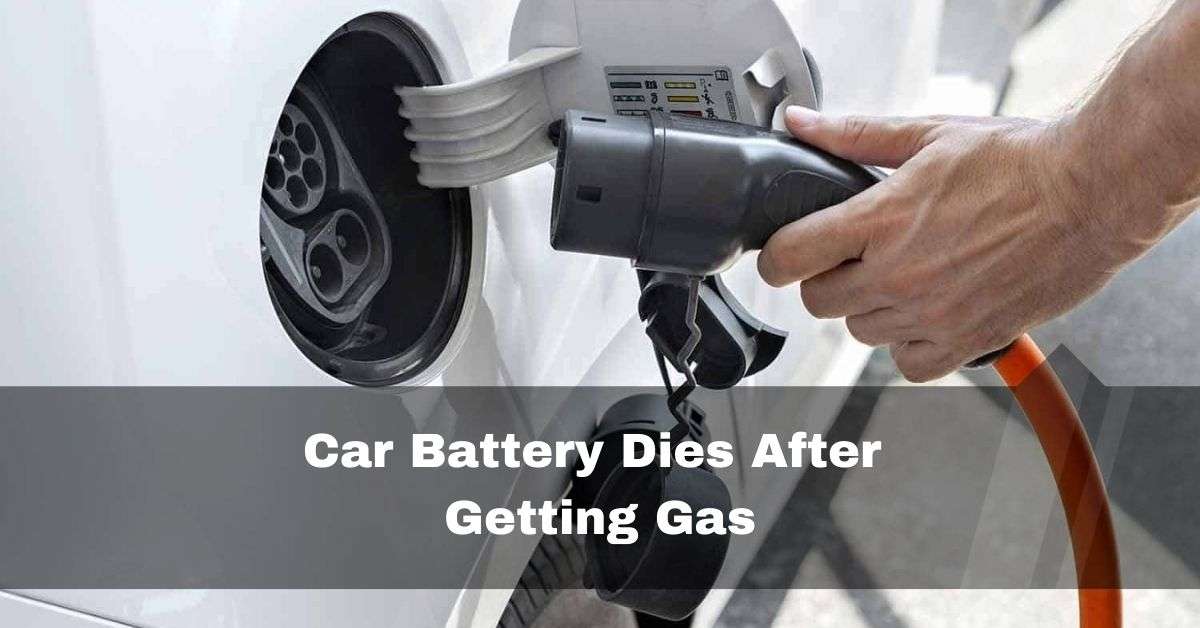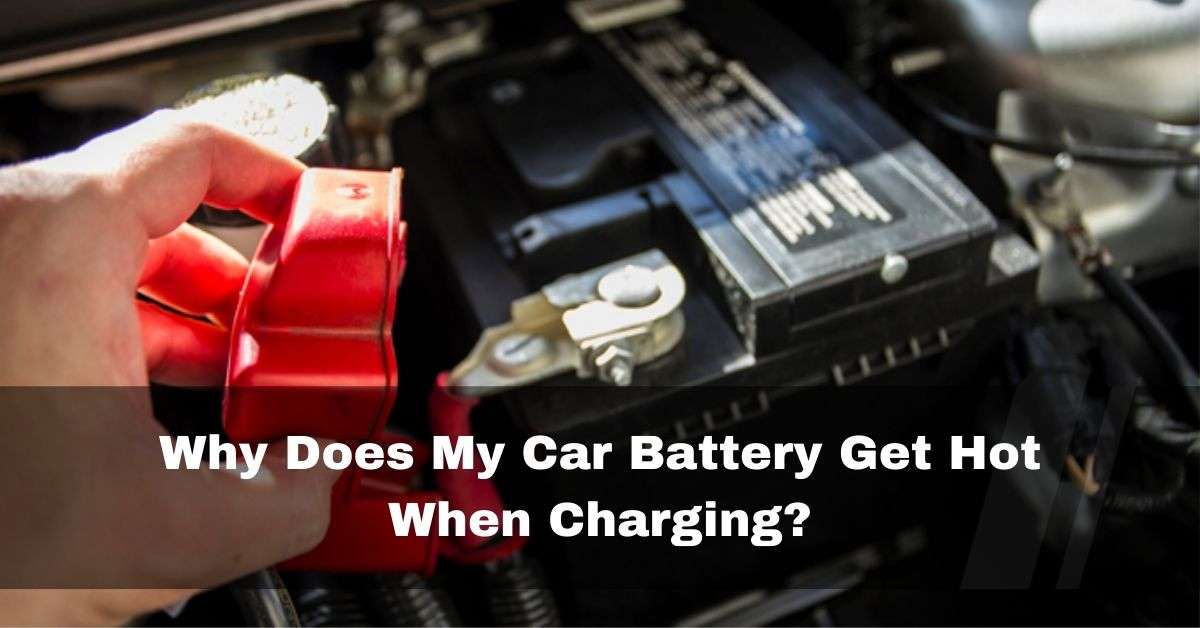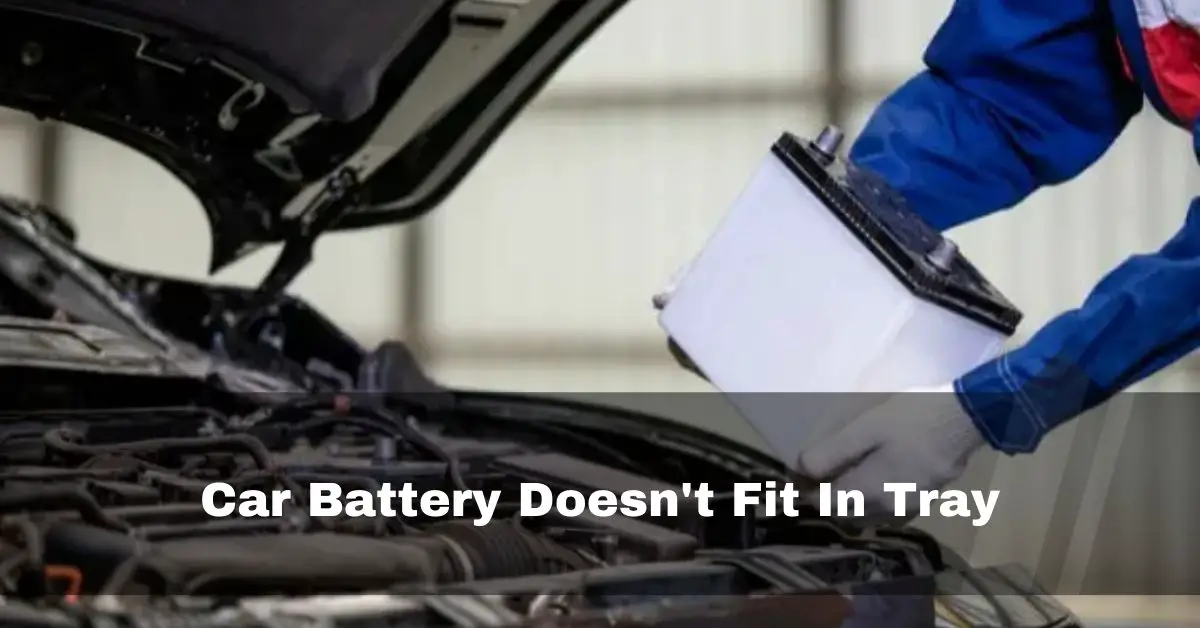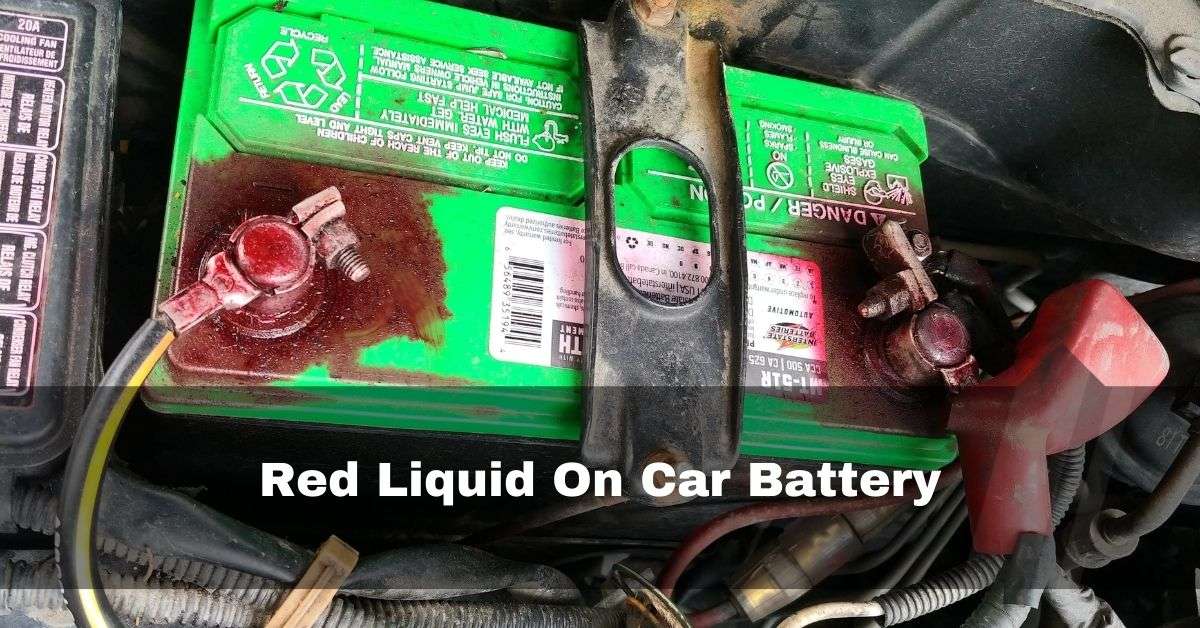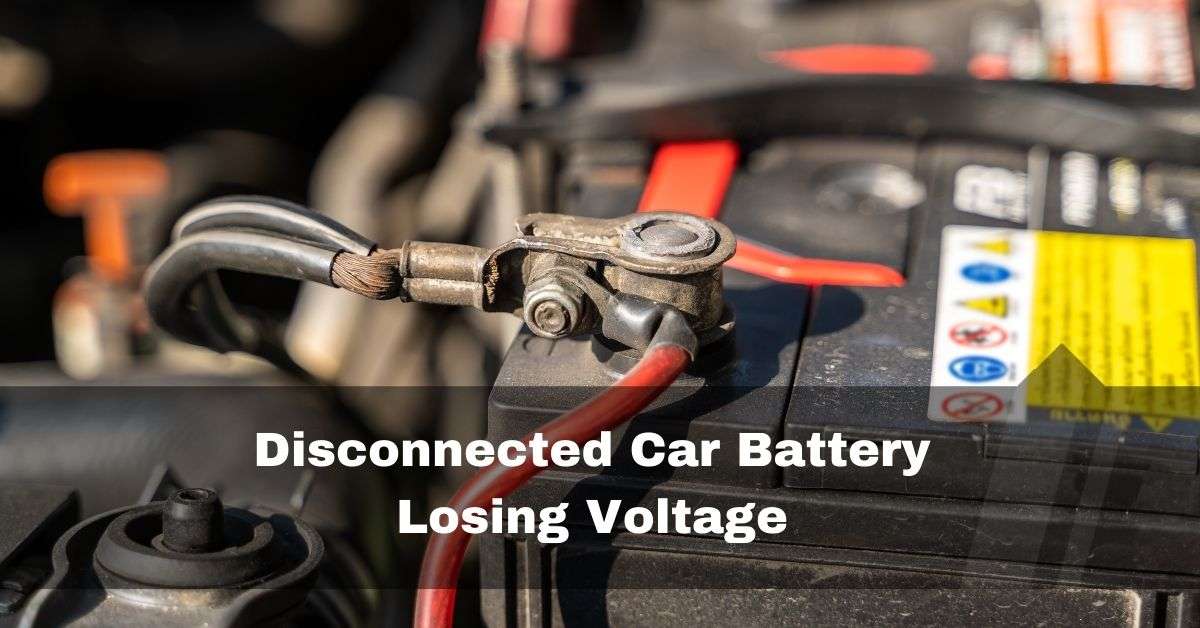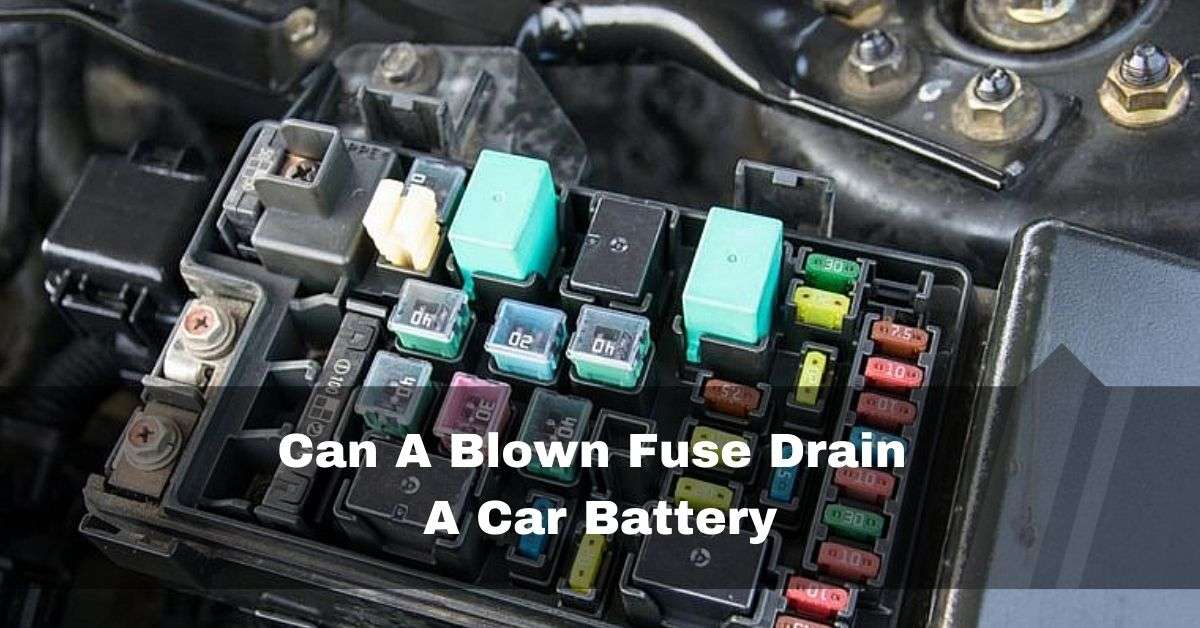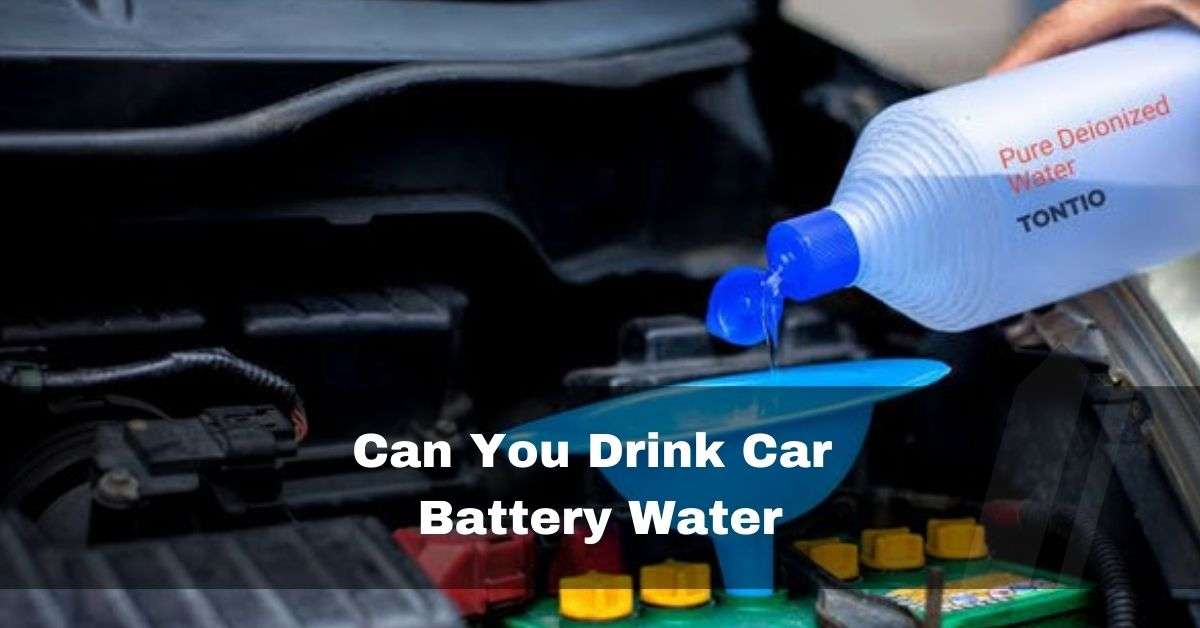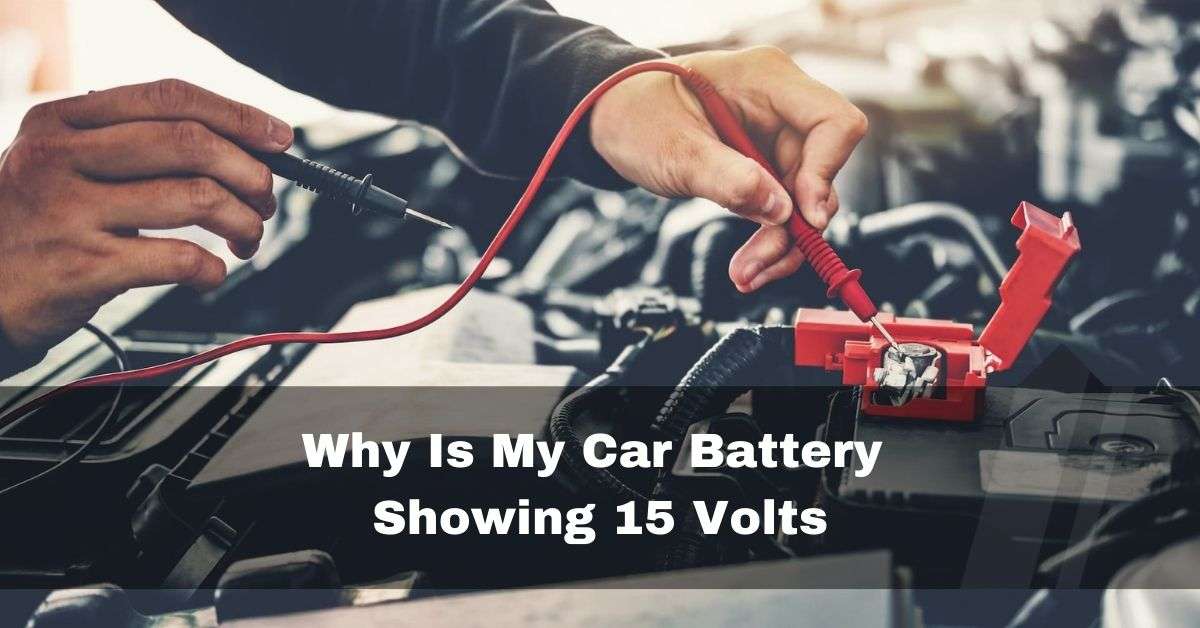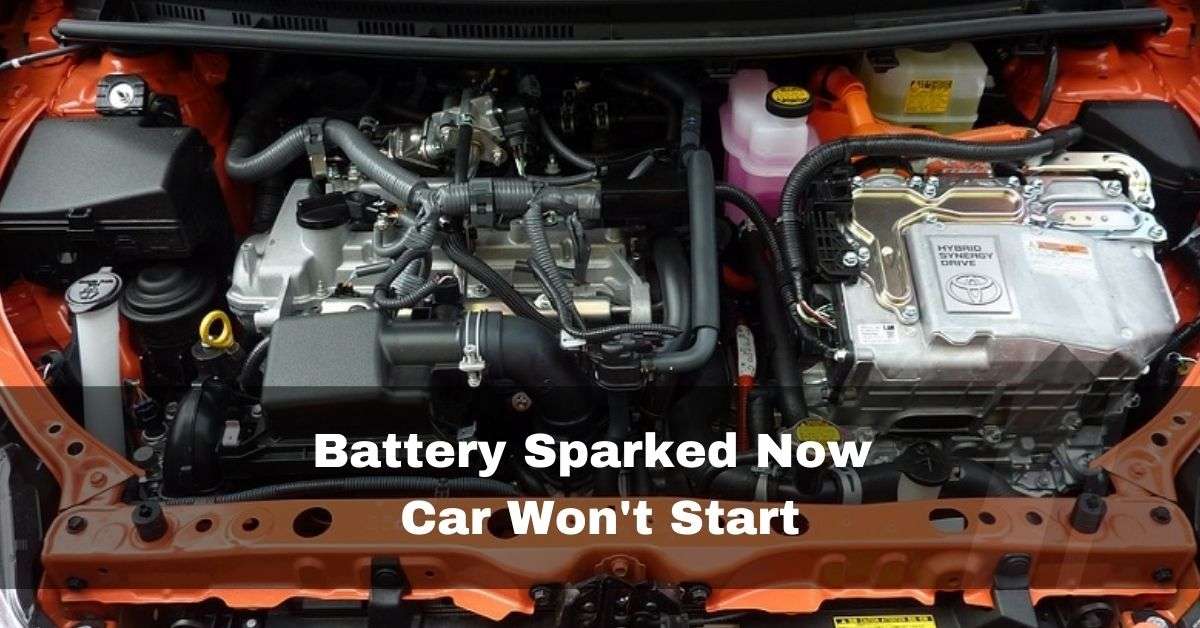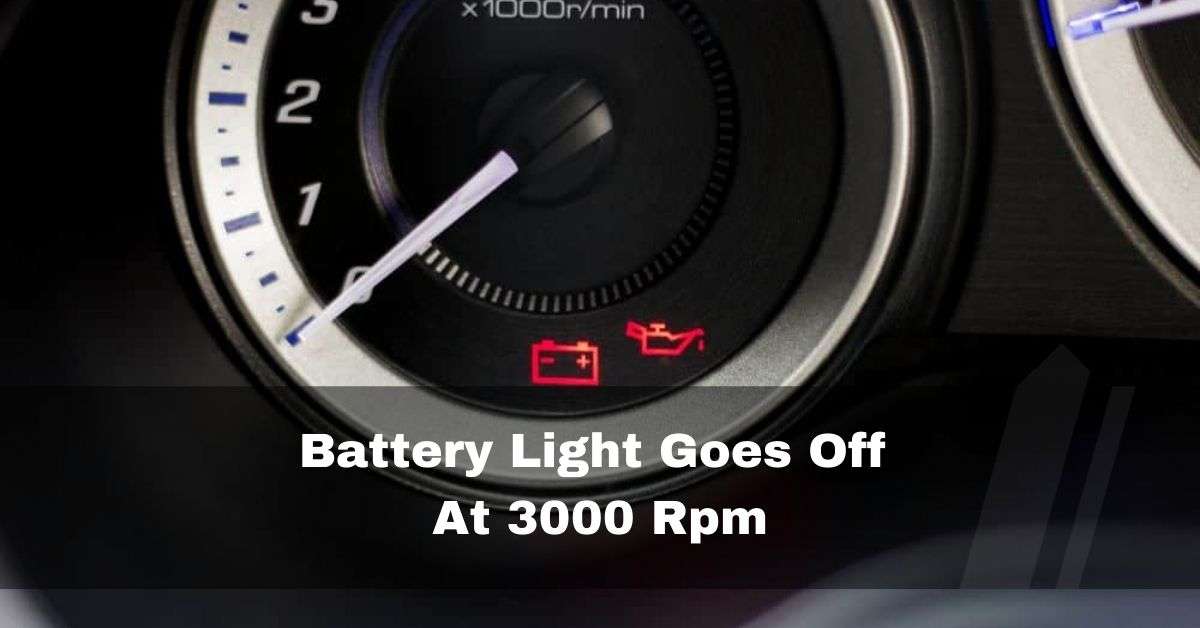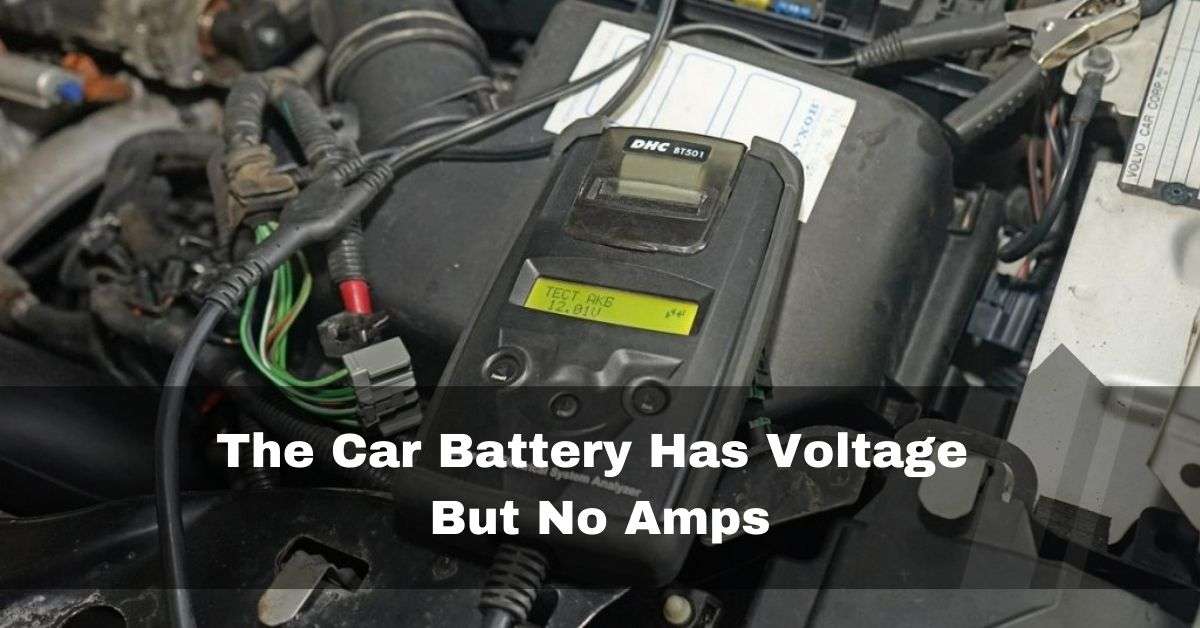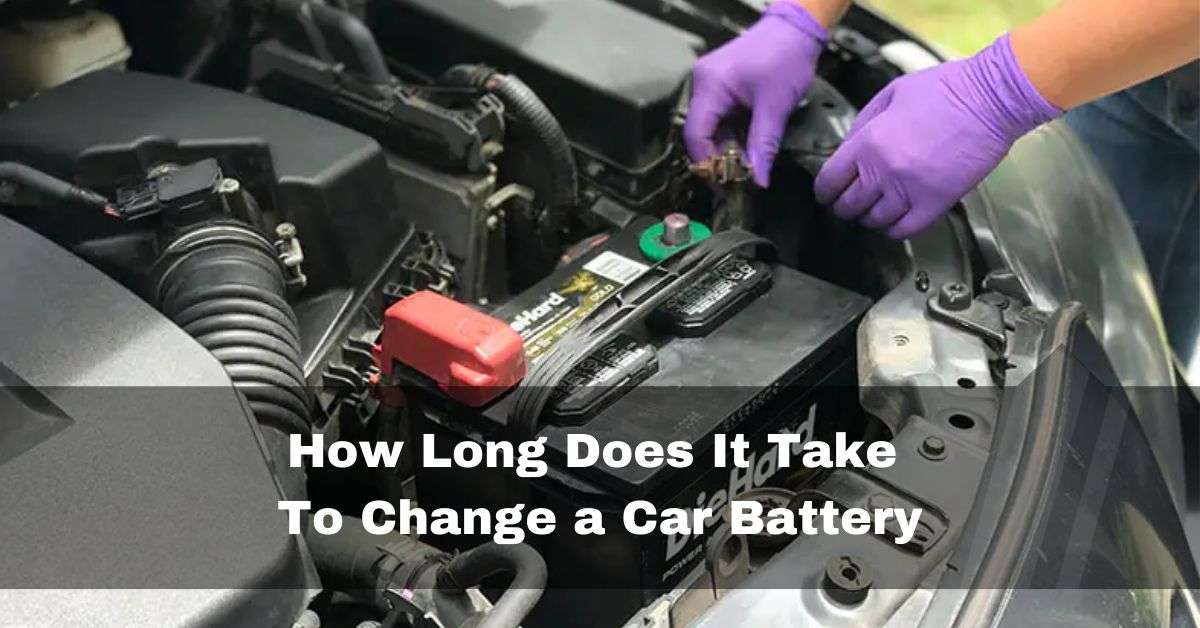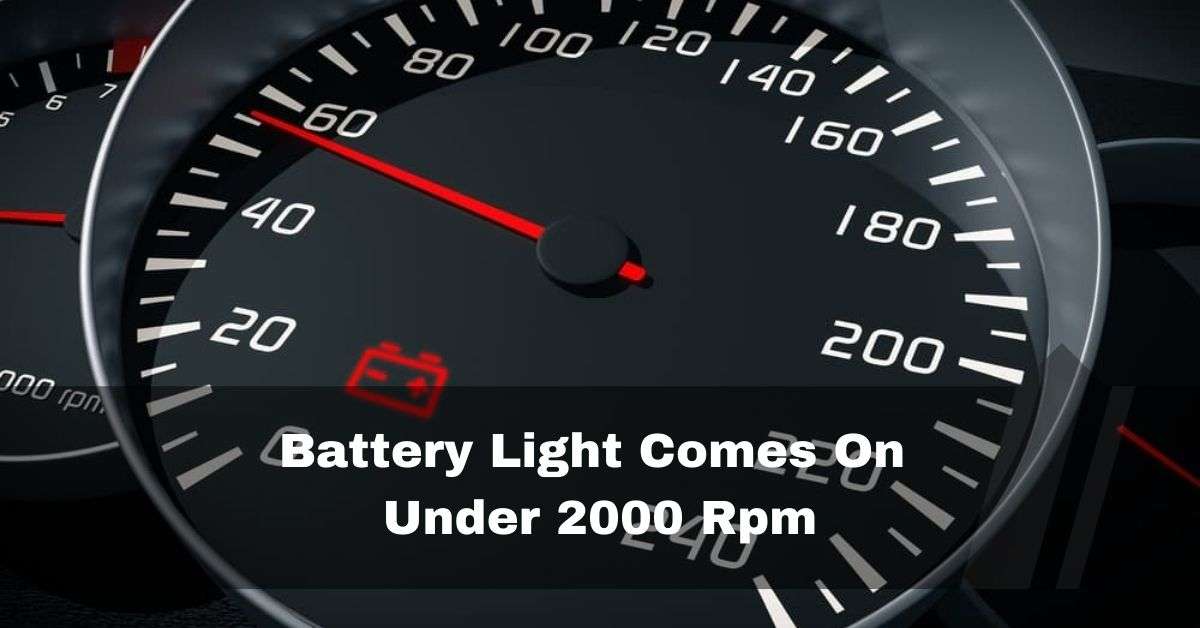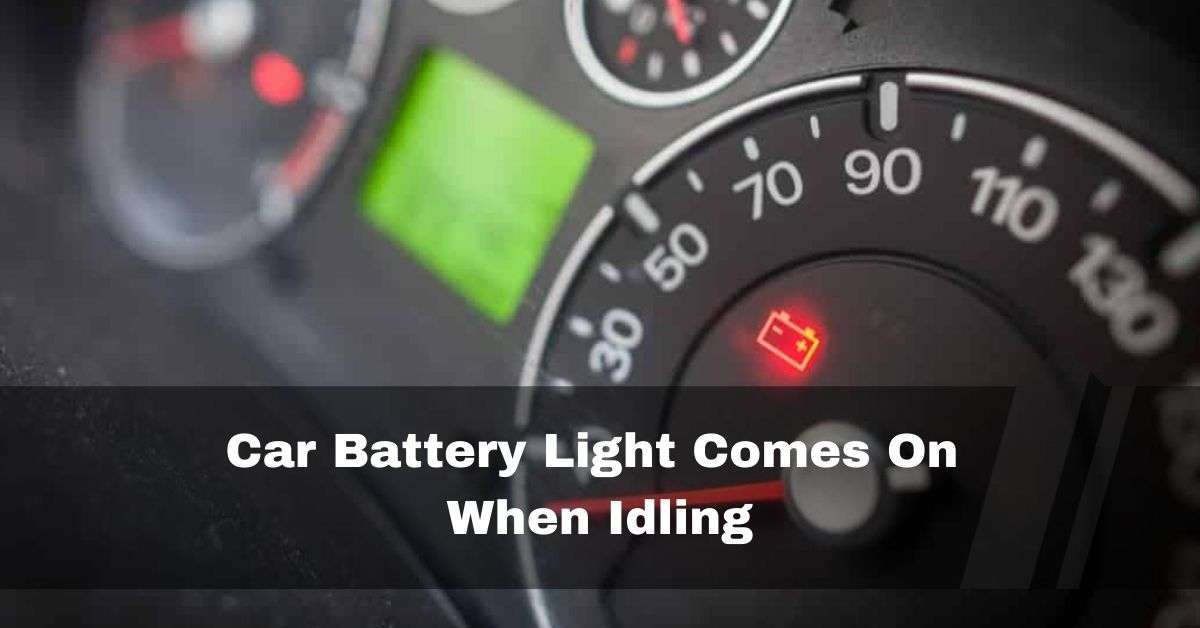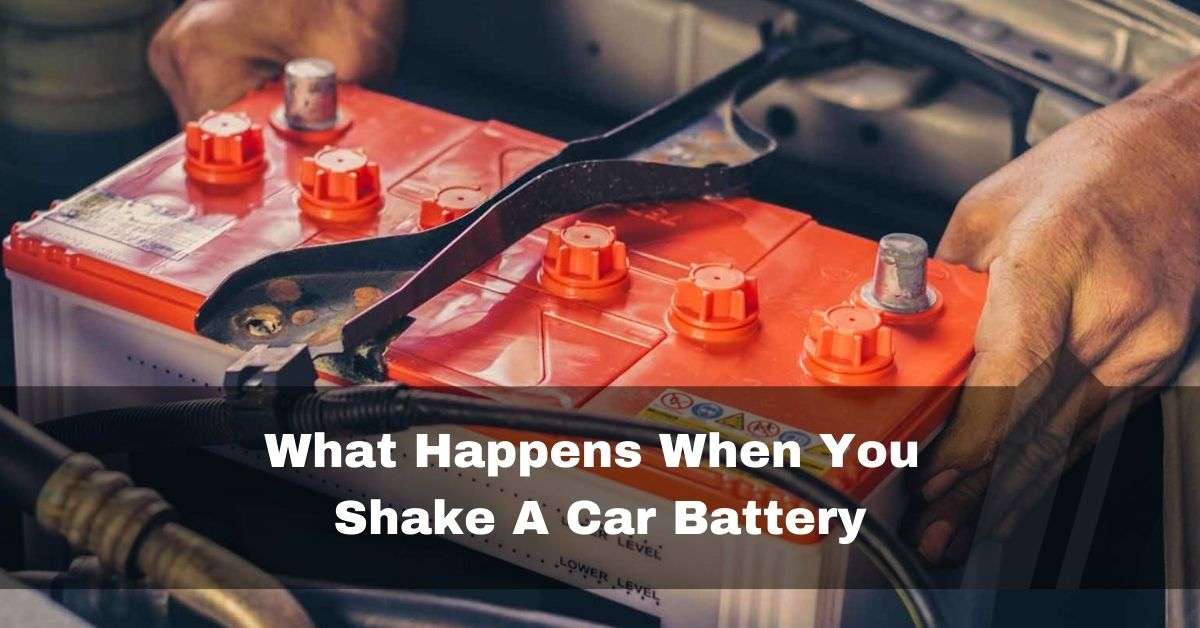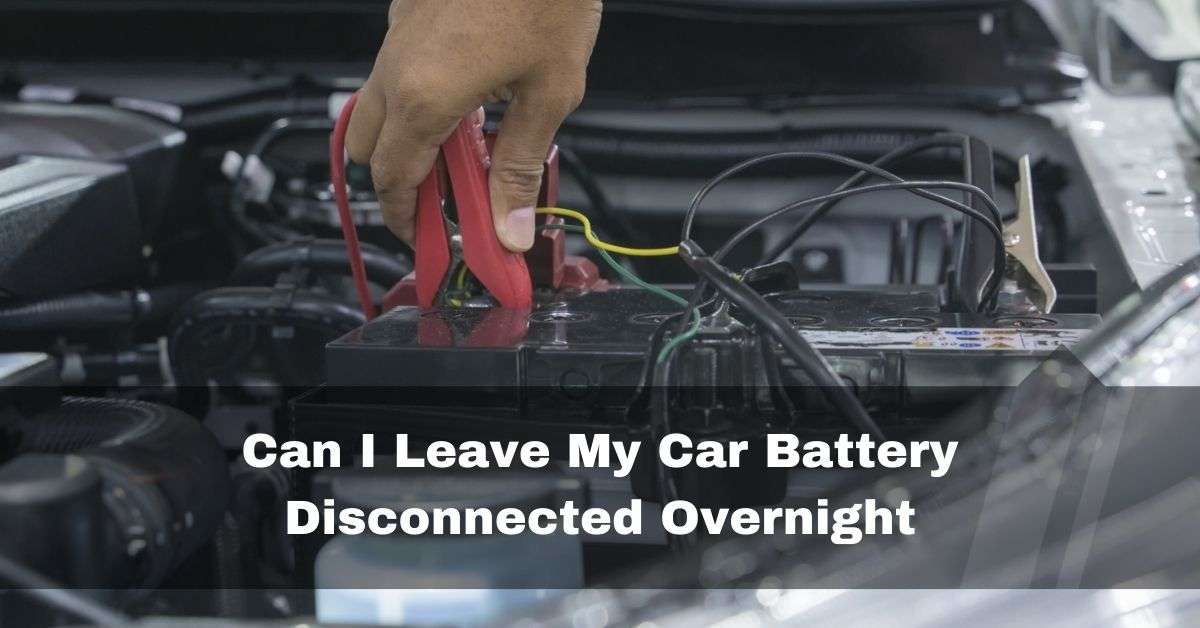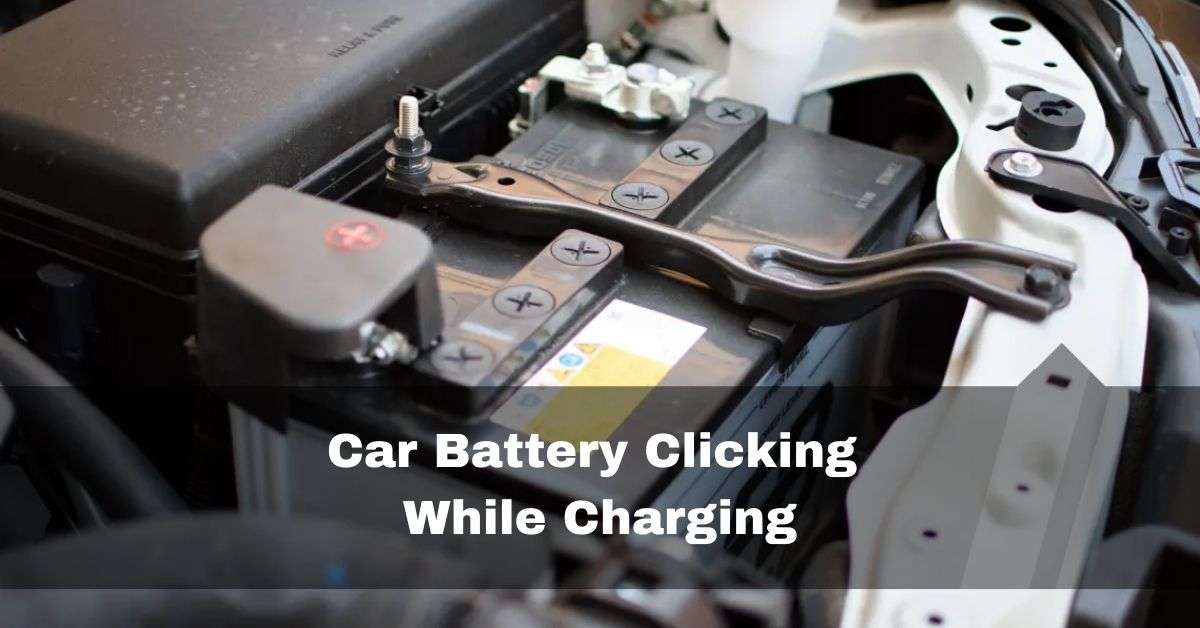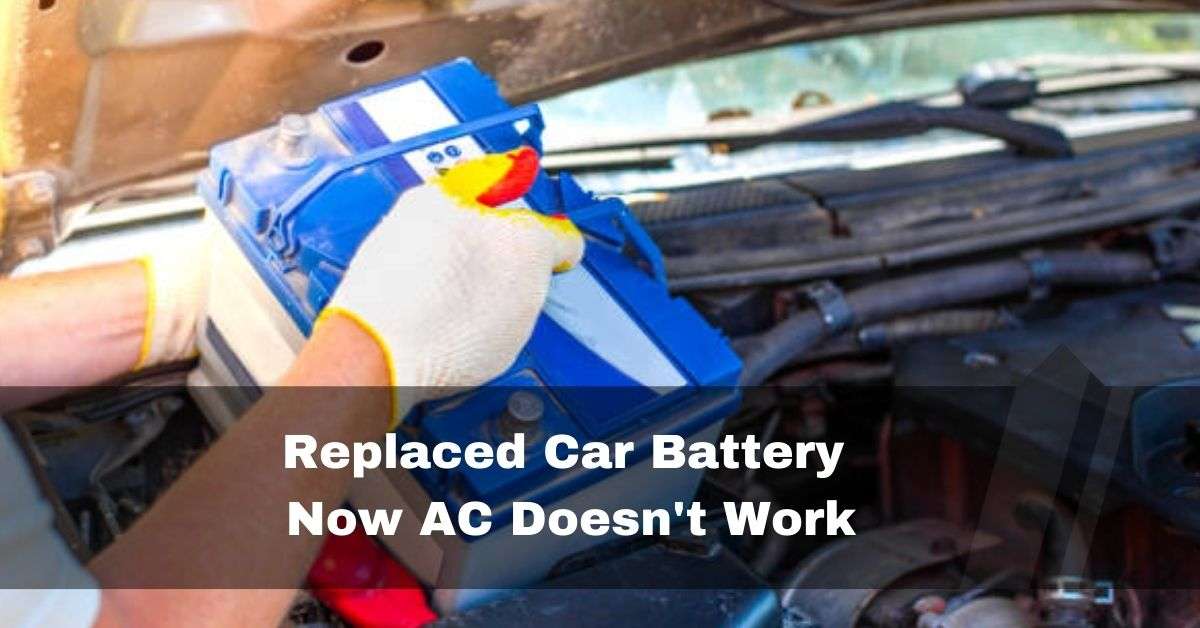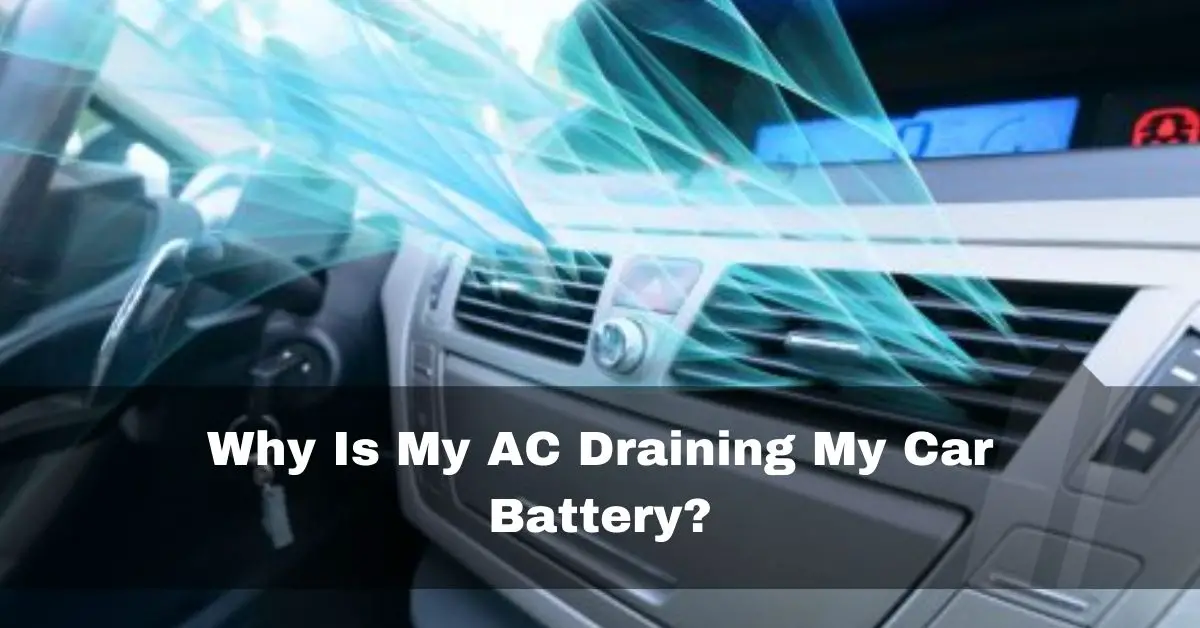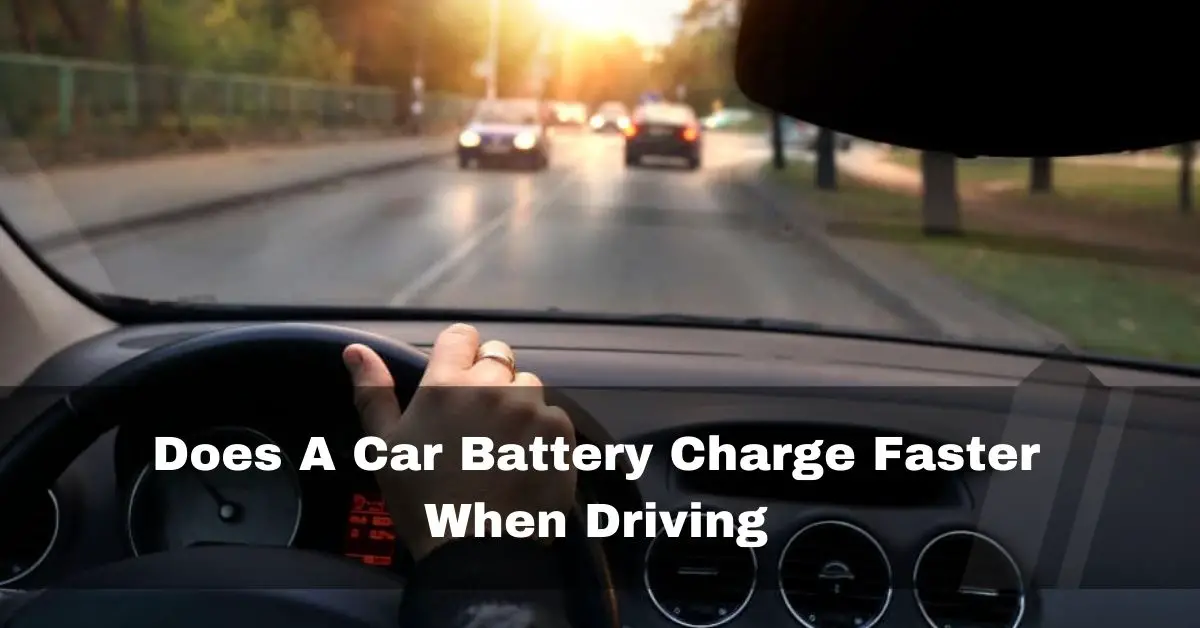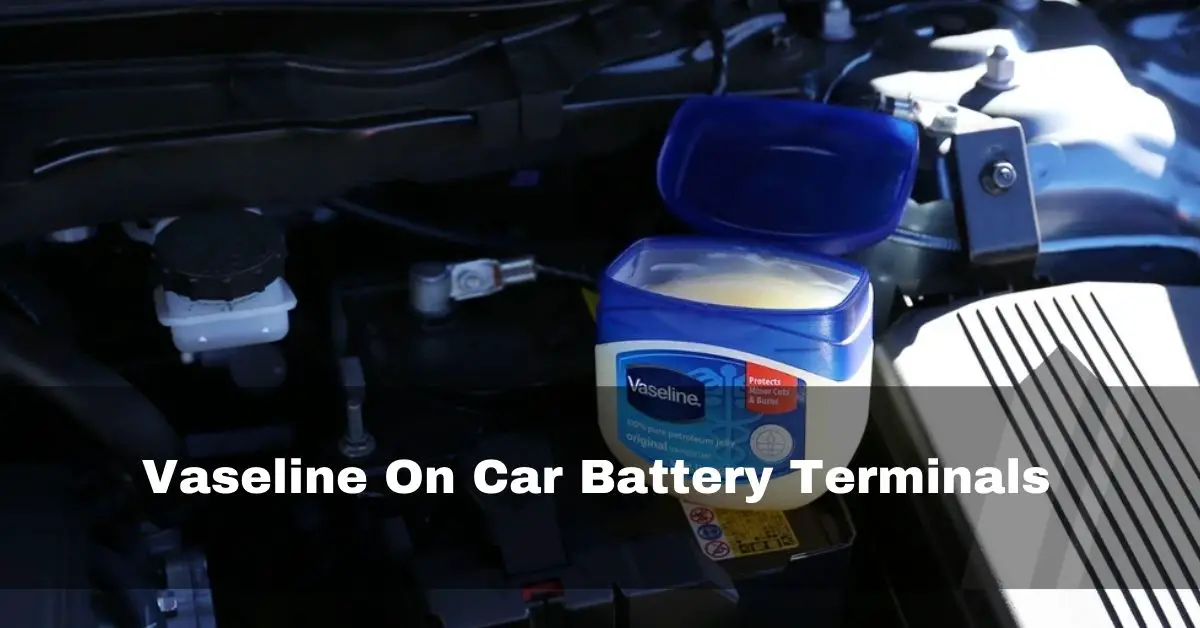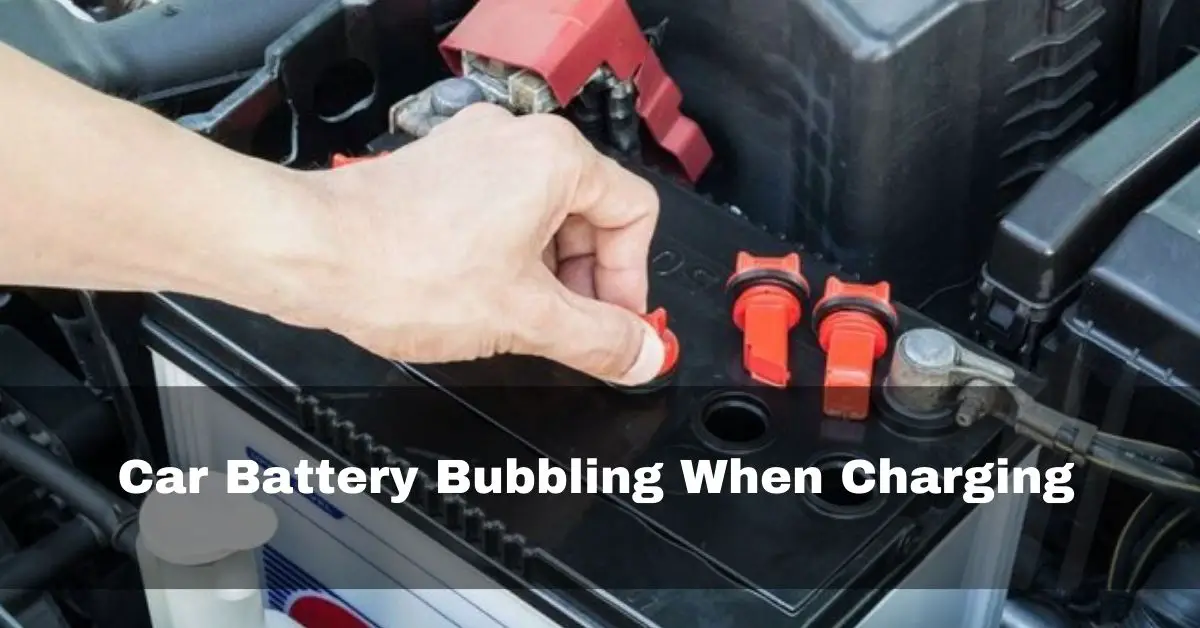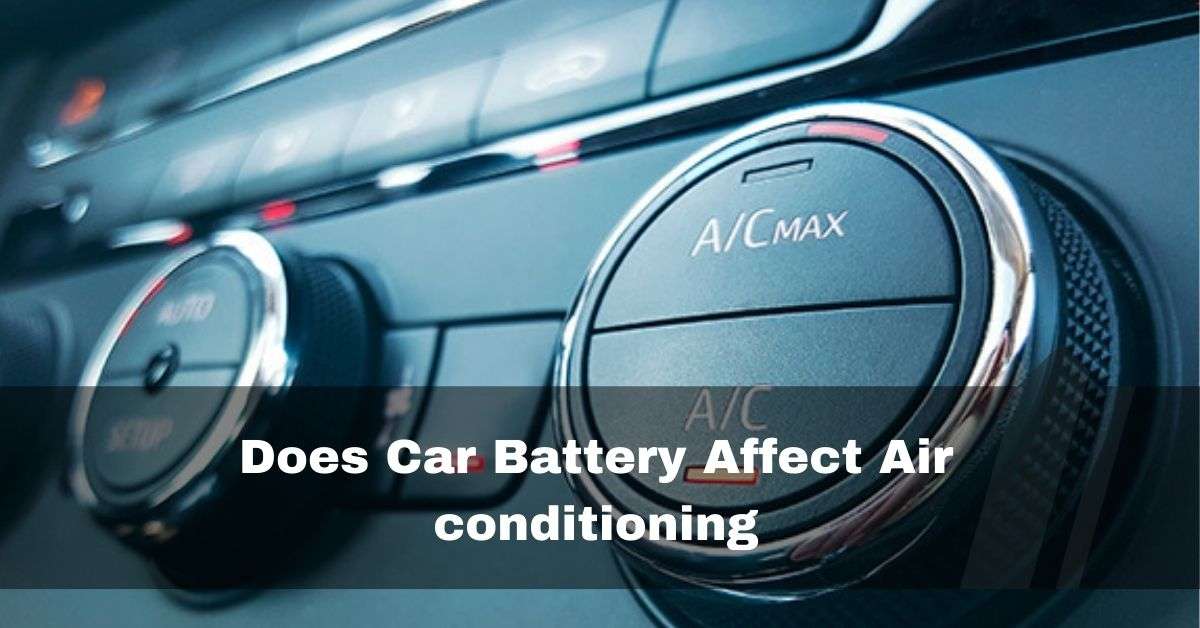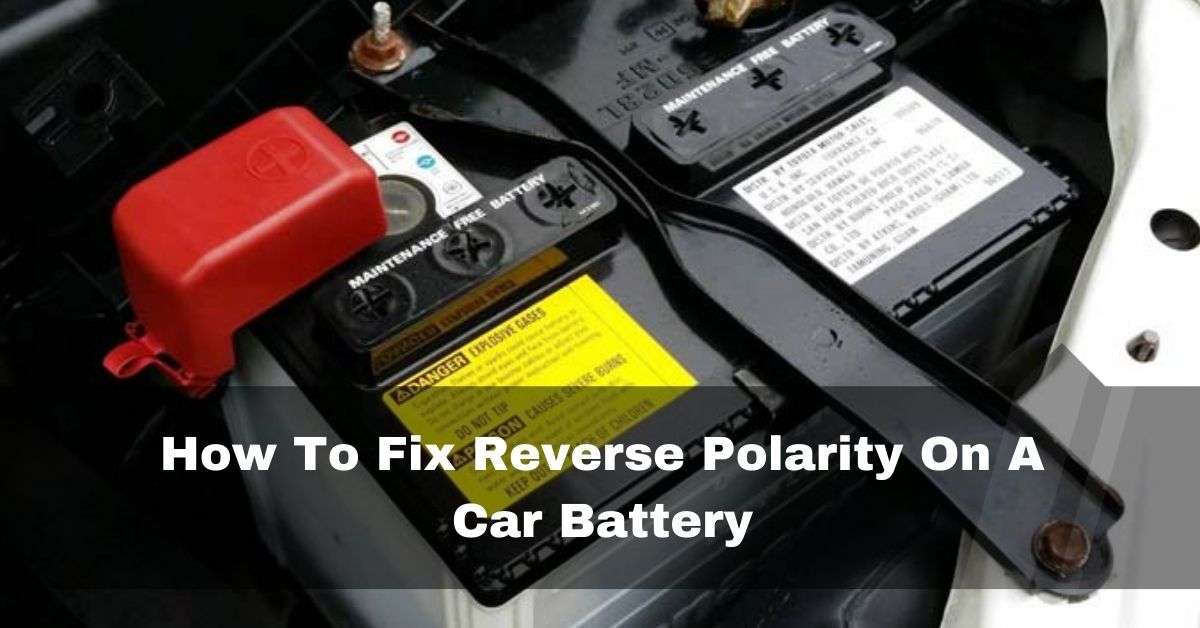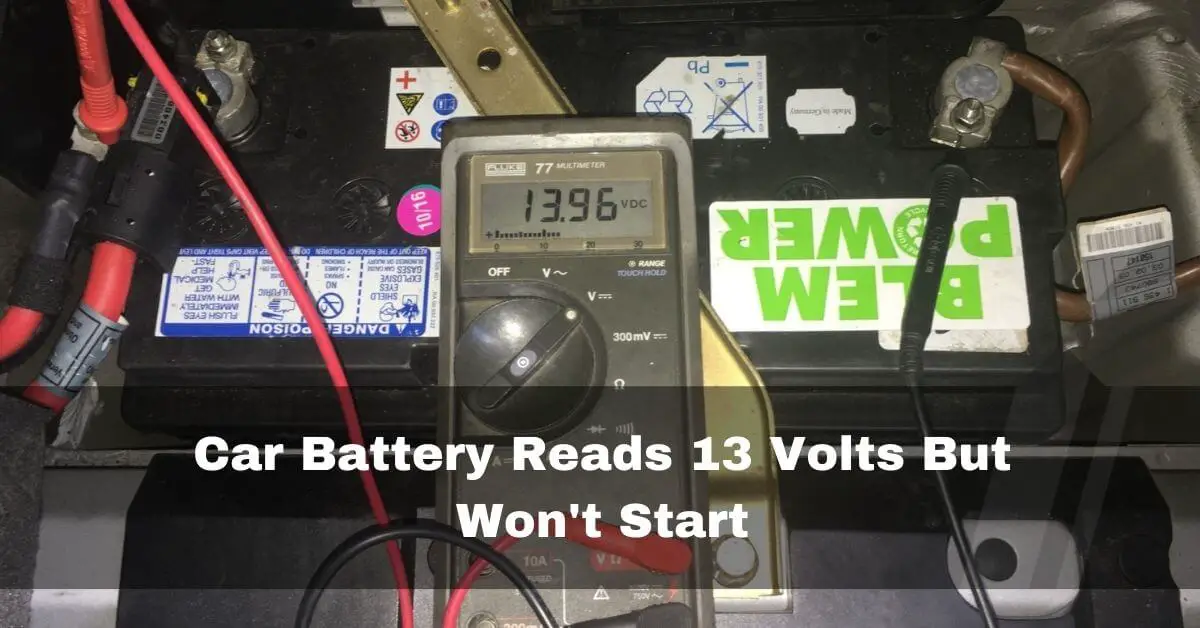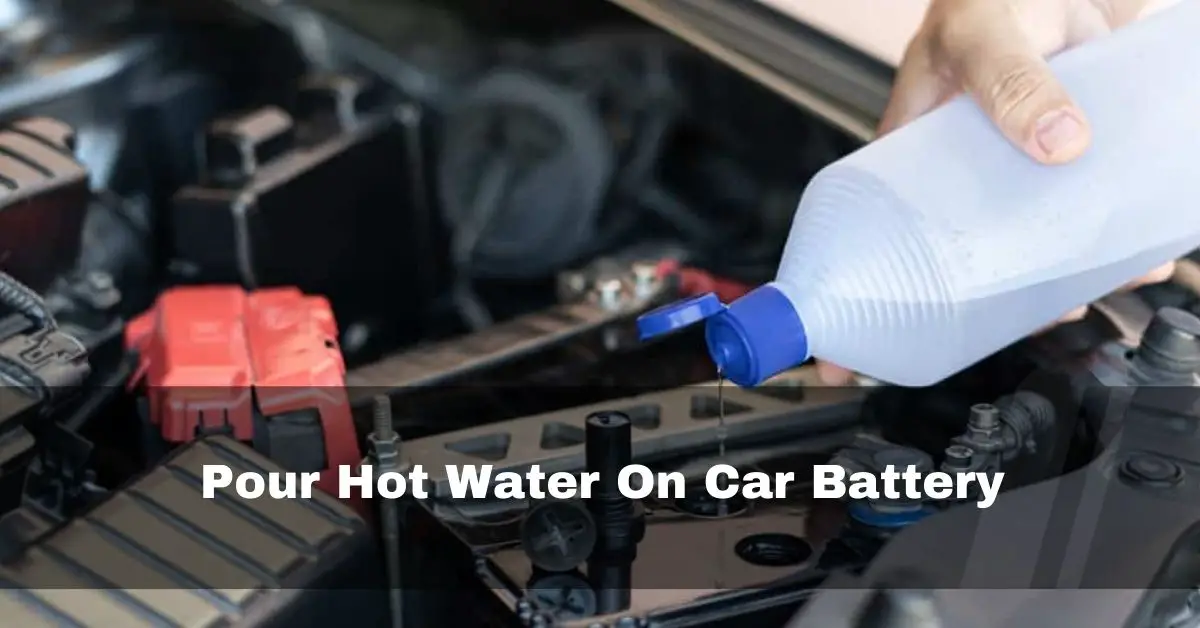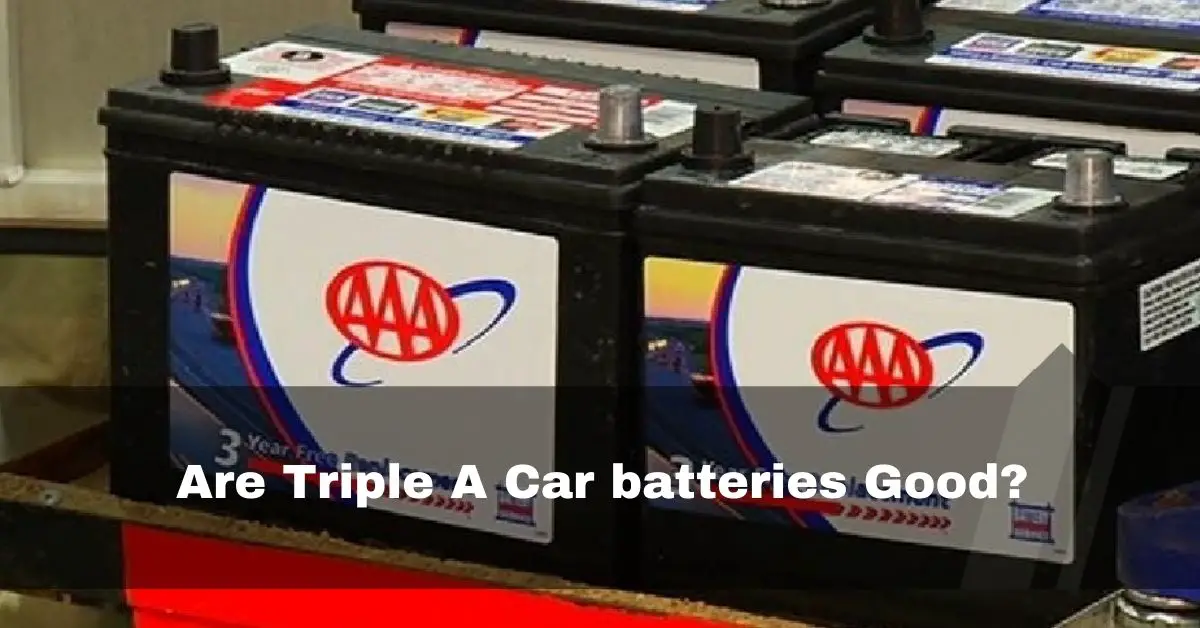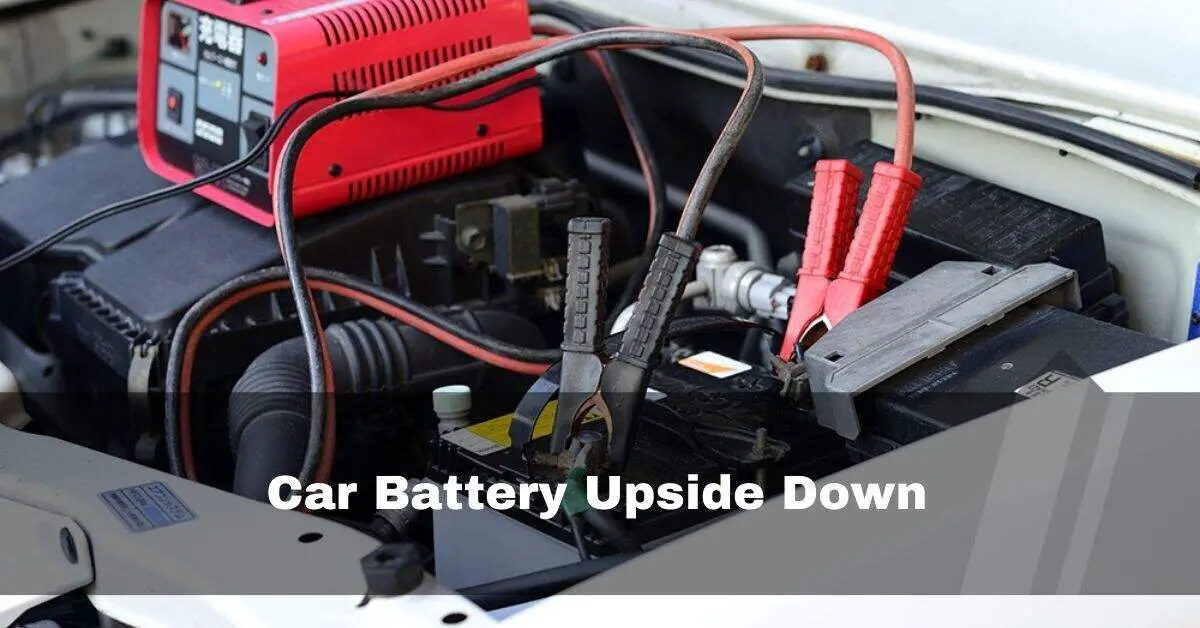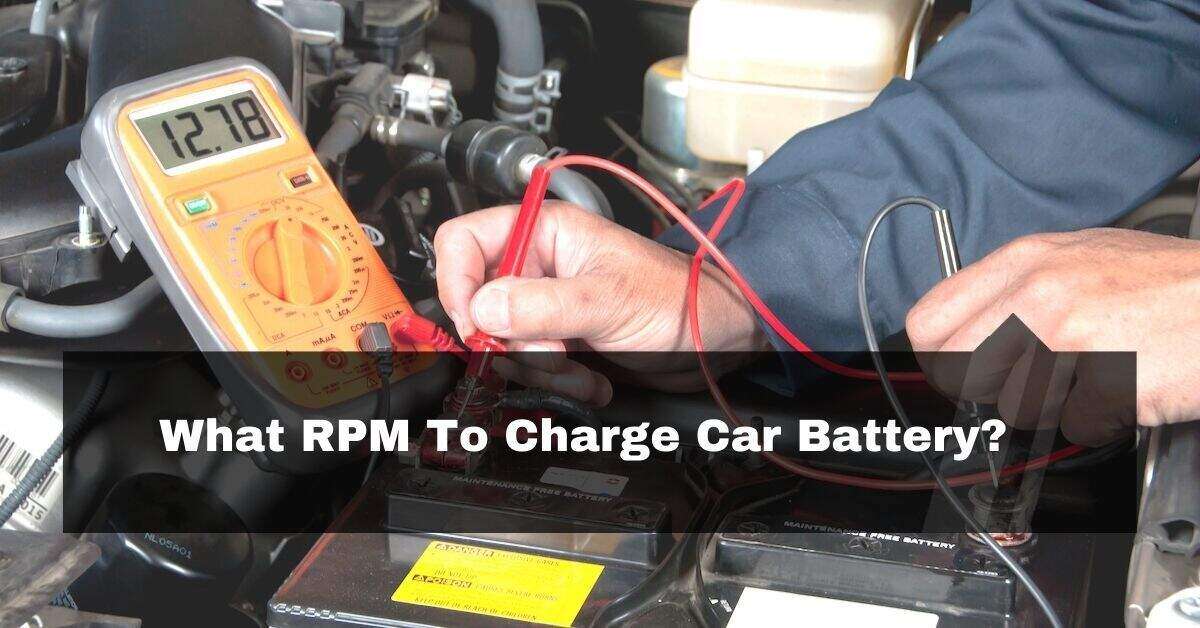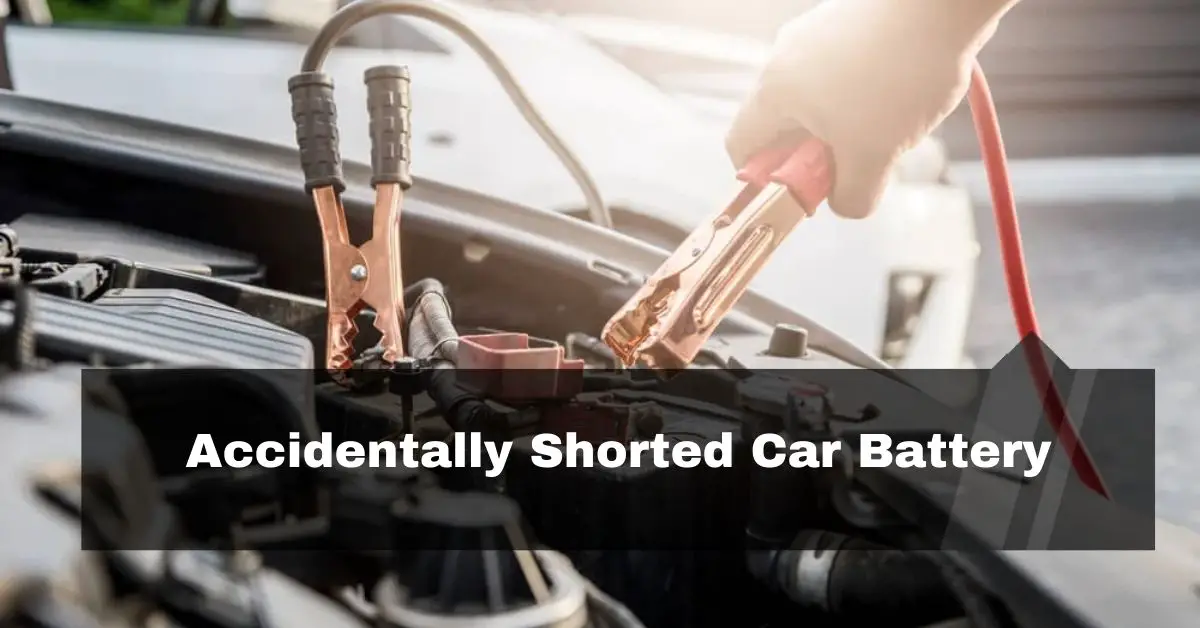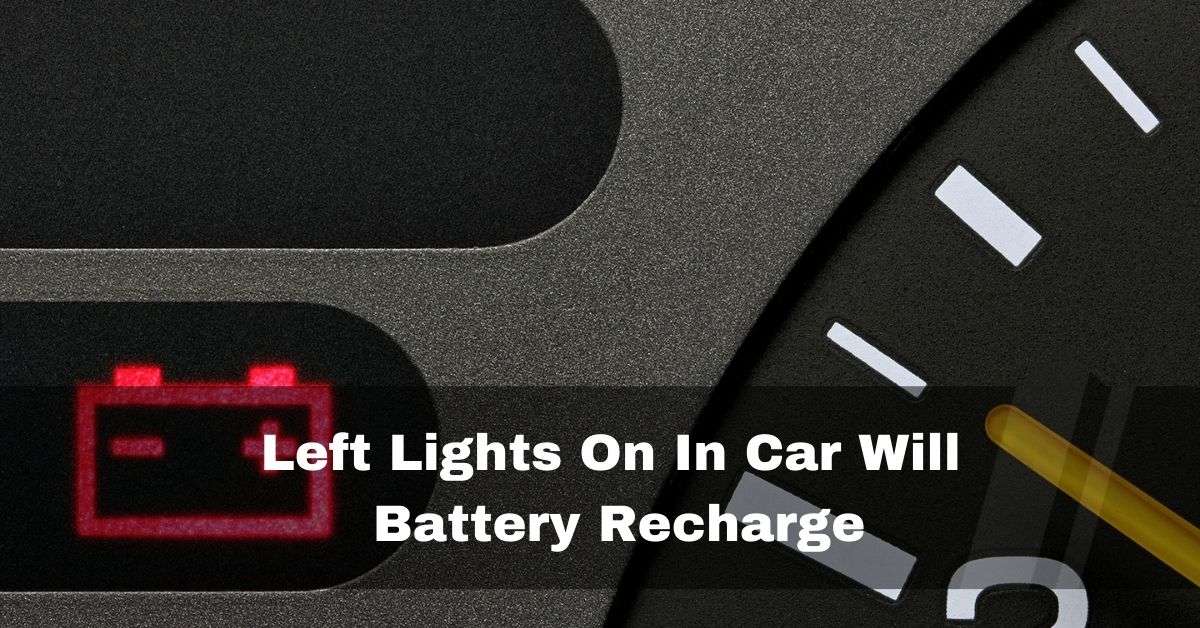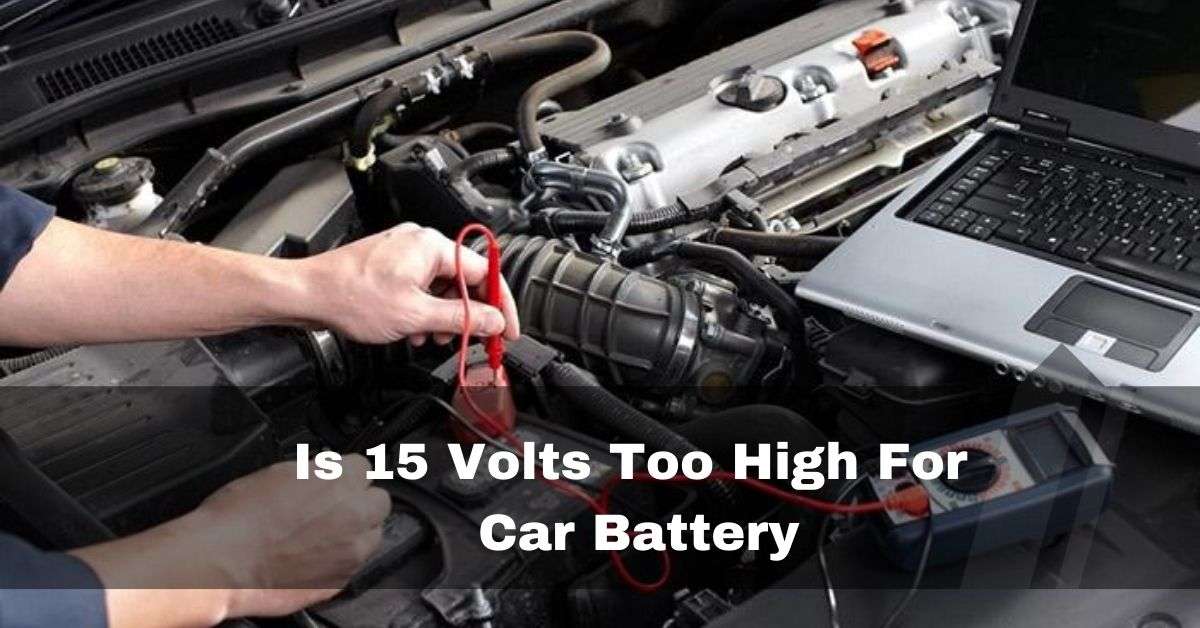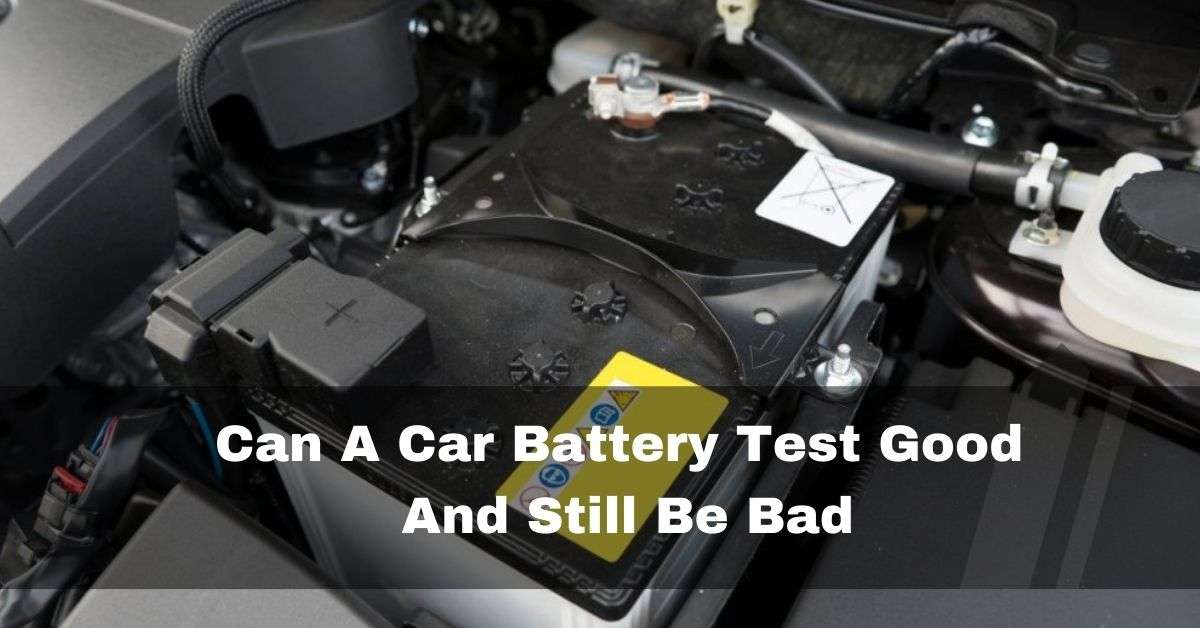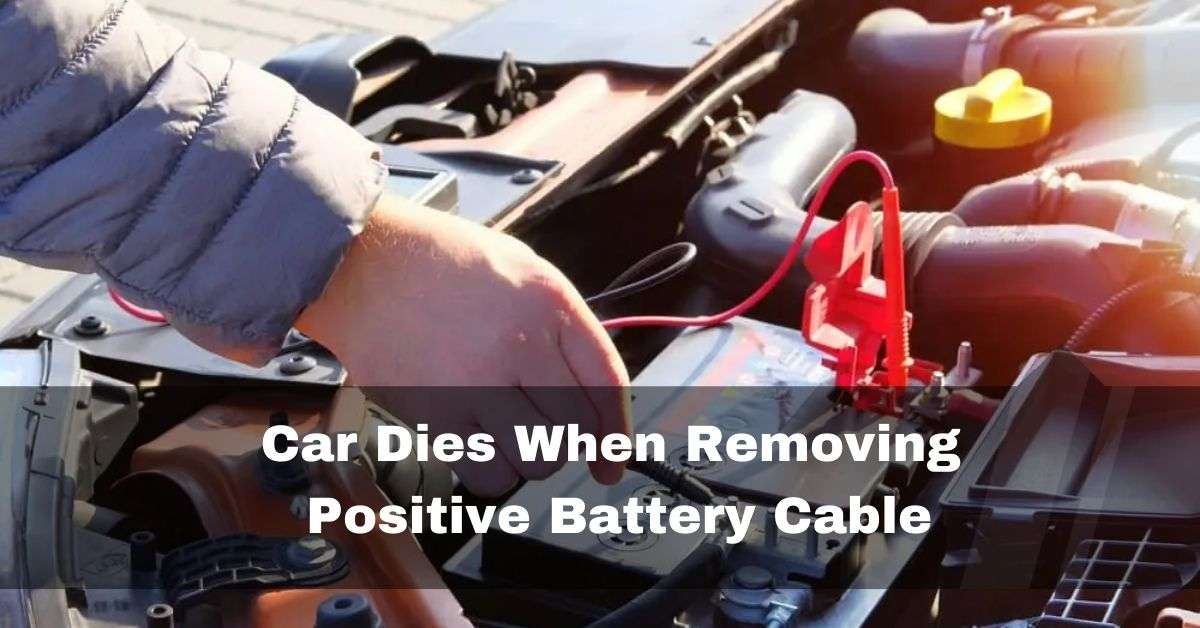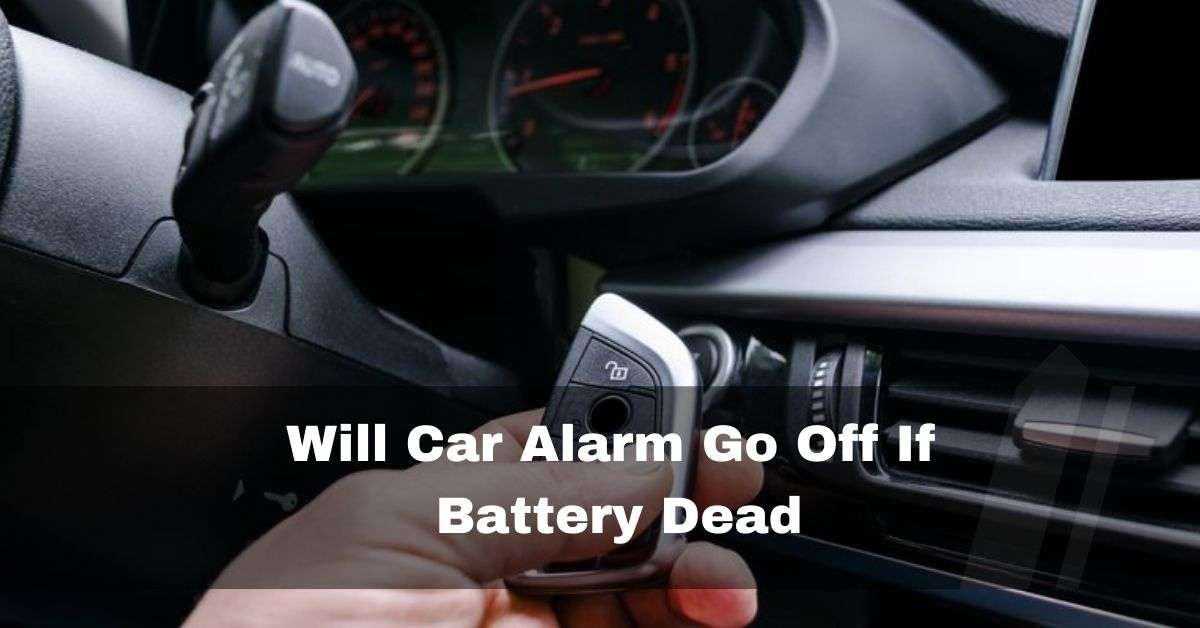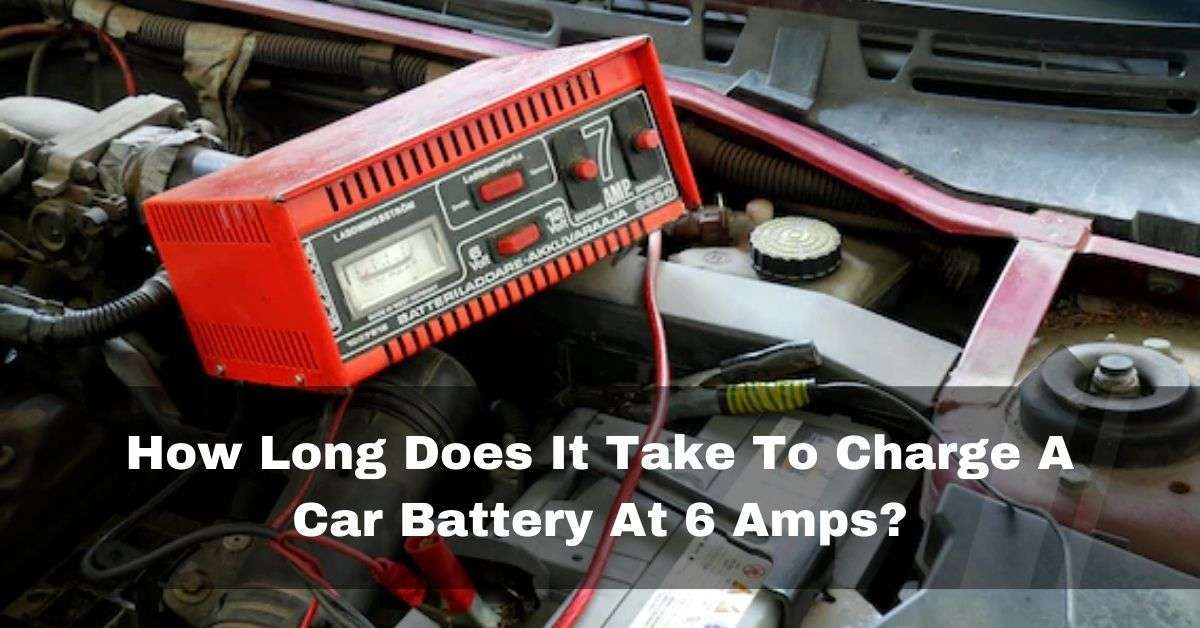I’ve personally felt that experiencing the uncertainty of how long a battery lasts after an alternator failure can be problematic for drivers. Recognizing this concern, offering clear instructions and practical advice on dealing with such situations is essential, empowering drivers to navigate alternator failures confidently.
How long will a car battery last if the alternator is not working? (Short Answer)
You may generally travel up to 200 miles on battery power alone if your alternator breaks down while you are far from home.
Drawing from personal experiences, I aim to shed light on this critical aspect of vehicle functionality, offering insights that can prove valuable for drivers facing similar situations.
Table of Contents
Can A Car Run Without An Alternator?
Yes, a car can run for a short period without an alternator, but it’s not a sustainable or recommended situation. The alternator is responsible for charging the battery and providing power to electrical components while the engine runs.
If the alternator fails, the car will rely solely on the battery, which has a limited capacity. The vehicle may run for a short distance, but the car will stall once the battery is depleted.
Also Read: What RPM To Charge Car Battery
How Long Does A Car Battery Last Without An Alternator?
How long will a battery last with a bad alternator? If your alternator is bad while you’re away from your usual location, you can usually rely on your vehicle’s battery to power the car for approximately 200 miles, provided the battery is in optimal condition and fully charged.
However, it is strongly advisable to address the alternator issue promptly by either repairing or replacing it to ensure the long-term functionality of your vehicle.
How Long Will A Fully Charged Car Battery Last Without Alternator?
How long can a car battery run without an alternator? A car’s duration on a battery alone, without an alternator, depends on factors such as battery capacity, electrical load, and overall component condition.
How long will an engine run without an alternator? Typically, this period ranges from 30 minutes to an hour. However, it’s crucial to note that relying on the battery alone is not a recommended long-term solution.
If the alternator fails during operation, immediate steps should be taken to reduce the electrical load by turning off non-essential accessories and lights to conserve battery power.
The driver should promptly head to a nearby mechanic or a safe location to address the alternator issue, emphasizing the importance of fixing or replacing it as soon as possible.
Also Read: Car Battery Making Hissing Noise
How Long Does A Car Battery Last Without Driving?
In my experience, a new and well-maintained car battery can typically retain its charge for approximately two weeks without needing the vehicle to be started.
However, to ensure a proper recharge and optimize battery health, a general recommendation is to turn the ignition on for about 15 minutes once a week. This practice helps prevent the battery from discharging excessively and improves its longevity.
How Long Can You Drive Without Alternator?
In the scenario where the alternator is entirely non-functional, producing no voltage, and the vehicle starts with a fully charged battery, it may run for approximately 20 to 30 miles. This estimate is based on the assumption that the alternator failure occurs while the engine is still running.
Factors That Affect Battery Life:
Navigating through various experiences with car batteries, I’ve come to appreciate the significance of understanding factors that influence battery life.
1. Battery Age:

Also Read: How To Fix Reverse Polarity On A Car Battery
2. Battery Capacity:
3. Battery Type:

4. Climate:
Also Read: Vaseline On Car Battery Terminals
5. Driving Habits:

6. Lifespan Of Alternator:

What to Do If Your Alternator Fails?
Experiencing an alternator failure can be stressful, and I’ve been in this situation before. Based on my personal encounters, here’s a guide on what to do if your alternator fails:
1. Turn Off All Non-Essential Electrical Devices:

Also Read: How Long Does It Take To Change A Car Battery
2. Get Your Car To A Safe Location:
3. Disconnect The Battery:

4. Charge The Battery:
Also Read: Why Is My Car Battery Showing 15 Volts
5. Get Your Alternator Repaired Or Replaced:

Related Questions:
1. Can A Car Battery Go Dead From Sitting?
Generally, a car can remain idle for approximately four weeks to two months without driving before the battery loses its charge. This limitation stems from the continuous use of the car battery, even when the vehicle is not in operation.
2. Can Drive The Car Recharge The Battery Without An Alternator?
3. How Can I Tell If My Car Battery Is Losing Its Charge Without An Alternator?
4. Can I Use A Charger To Extend My Battery Life Without An Alternator?
5. How Long Will A New Car Battery Last Without An Alternator?
6. What Happens If An Alternator Gets Wet?
7. What Happens If An Alternator Goes Out While Driving?
8. How Long Can A Car Battery Last Without The Engine on?
Car battery how long without driving? Your car’s battery typically lasts four to two months when not driven. Your car’s battery is constantly in use, even while you’re not driving, so it can only be left parked for a short period before it dies.
9. How Long Will A Car Battery Hold A Charge?
In optimal conditions, a new and well-maintained battery can last approximately two weeks without requiring the vehicle to be started. However, it’s advisable to follow the general recommendation of turning the ignition on for 15 minutes once a week to ensure a thorough recharge and maintain optimal battery health.
10. How Do I Know If My Alternator Is Bad?
Identify a bad alternator by checking for dashboard warning lights, dimming lights, strange noises, frequent battery issues, burning smells, electrical failures, and warning messages. A voltage test can confirm its health.
Conclusion:
Also Read:
- The Car Battery Has Voltage But No Amps
- Battery Light Going Off At 3000 RPM
- Car Battery Dies After Getting Gas
- Battery Sparked Now Car Won’t Start
References:
- https://www.sofi.com/learn/content/how-long-does-a-car-battery-last/
- https://www.quora.com/How-long-can-a-battery-last-without-a-functioning-alternator
- https://ksbautostyling.co.uk/how-long-can-car-run-on-battery-without-an-alternator/
- https://www.jdpower.com/cars/shopping-guides/how-long-does-a-car-battery-last-without-driving-it

